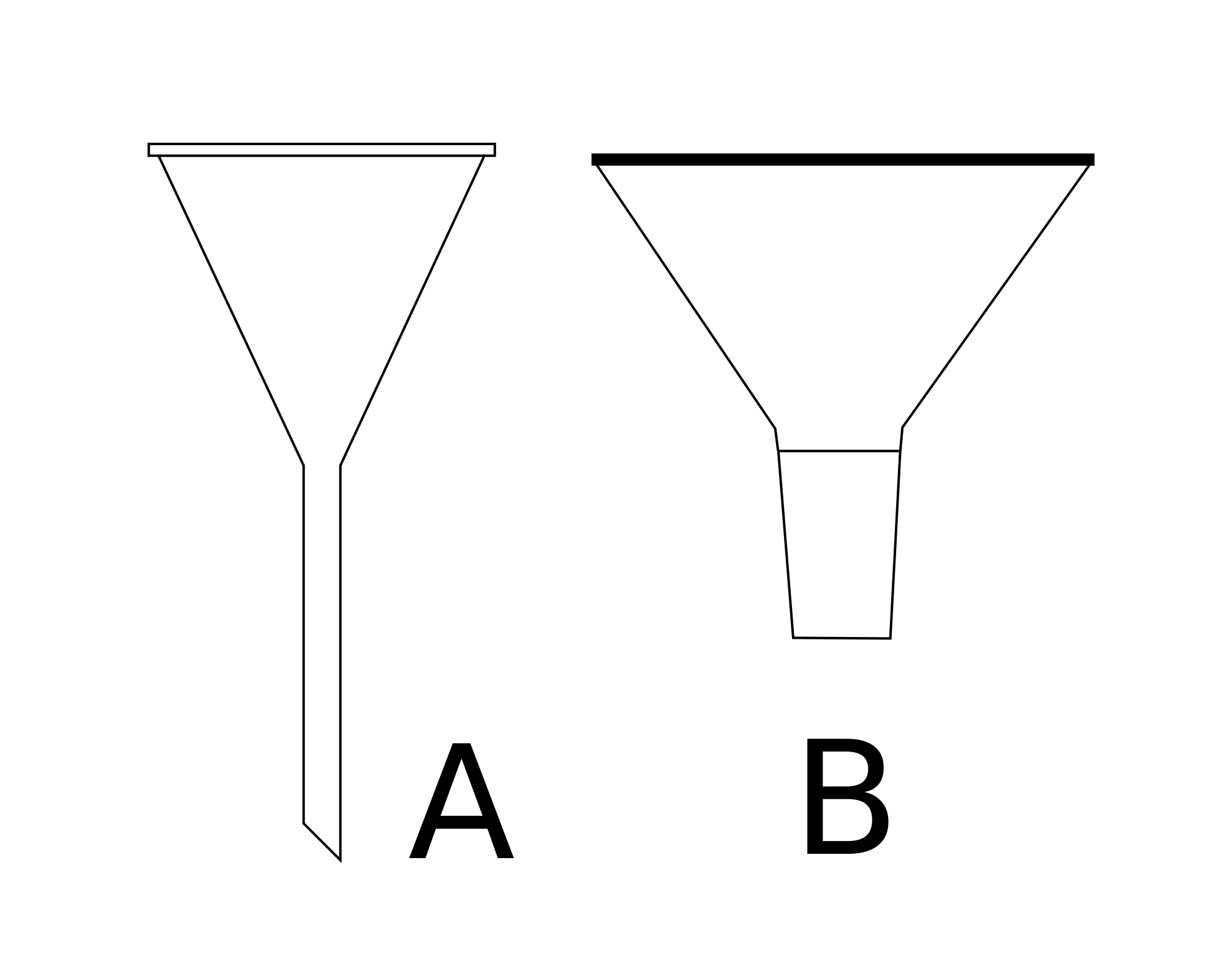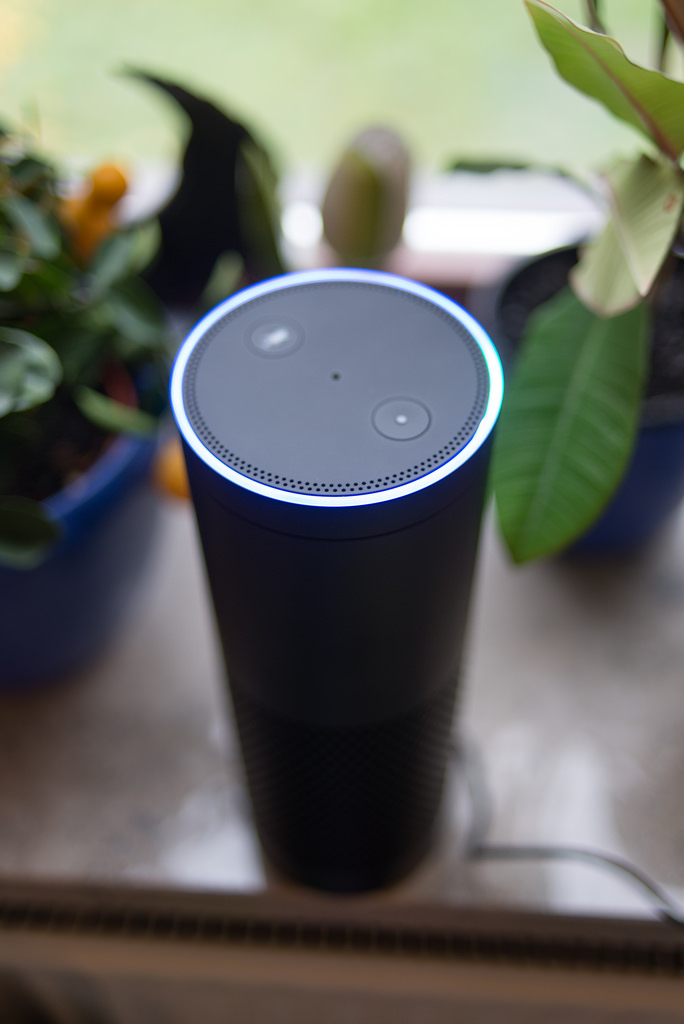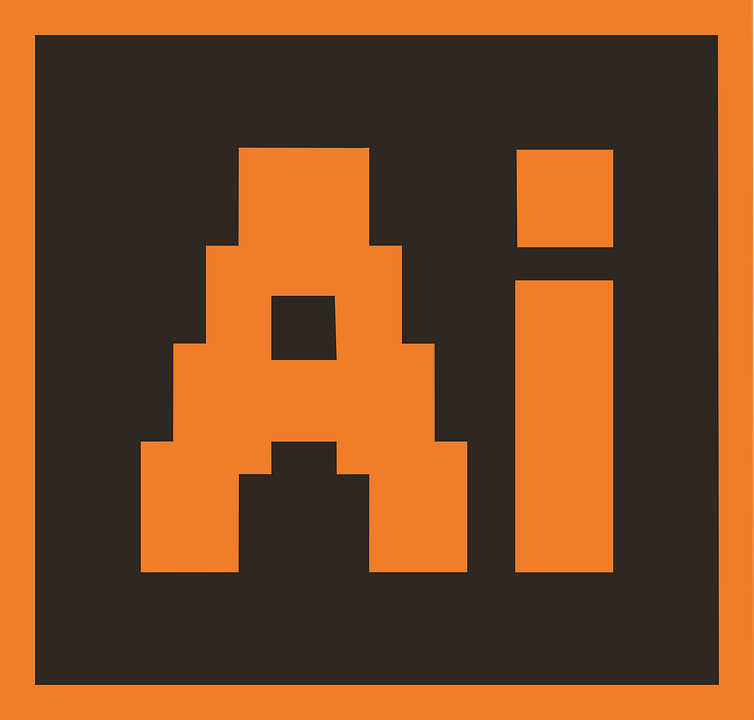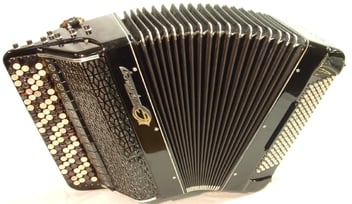How to Grow Your Business Using IoT and Automation

As a business professional, you need to know how to grow your business using IoT and automation. Nearly a decade ago, the number of devices connected to the internet outnumbered humans alive on Earth. By 2020, the number of things that can be networked online will reach 30 to 50 billion. This increasingly common phenomenon is known collectively as the "internet of things" or IoT, and the capacity for everyday devices to collect, store and transmit data is changing the way businesses grow.
Marketing, Reimagined
With limited funds to spend on marketing, you need to maximize your dollars when it comes to reaching customers. The IoT allows you to hone in on specific, targeted areas that your customers respond to using data collection. Whether it's tracking consumer response during product launches or learning how your customers are actually using your products, data collection gives you a better picture about how to engage with your audience.
Be forewarned, though, that once you open the floodgates on data collection at this level, you'll need high-powered software to make sense of the numbers. Invest in a good marketing firm, or hire people who know what they're looking at to make the best use your analytics.
The Customer Base
Chances are that you're already using email campaigns and other similar marketing tools to reach your customers on a regular basis. Imagine if you could not only automate this process but improve on it as well. The IoT lets you do just that. Because more consumers are utilizing the benefits of voice control with various hubs, like the Google Home and Amazon Echo, for example, and scheduling appointments or ordering products via voice command, businesses can use this data collection and connected devices to learn more about how people are using their products and what trends they are currently interested in. This data not only allows you to create and sell more of the things that your customers want, but it also enables you to reach out to your customer base in innovative ways.
For example, consider automated email outreach and marketing strategies. As a business leader, you’re low on time to follow up with every lead and make sure that your campaign is running on target. Email automation, like that provided by SalesHandy, allows you to keep track of customers and their responses to increase engagement and boost sales. Using automated marketing software, like Hubspot, you can schedule social media posts to go live in advance, and engage with customers and clients to generate brand awareness without actually going online yourself.
Sealing the Deal
As with marketing, data collection will play an integral role in the future of sales. You need to know what your customers are buying in order to sell them appropriate products and to keep them coming back for more. But data collection goes beyond closing a sale. The IoT lets you predict trends in your overall business, manage stock and inventory, and adjust business operations to account for boons or setbacks as needed. Artificial intelligence (or AI) can help your sales and customer service teams learn more about your customers' habits, which will eventually help them to land more sales and solve problems more readily.
Streamlined Business Ops
Internet connectivity will change the way you do business, not only from the perspective of your customers but from your vantage point as a company. Using data sent from various equipment, you can streamline your business operations. The process will be automatic, allowing you to view, track, monitor and respond to changes as needed and in real time based on data received from your equipment and products. Guesswork will be eliminated.
Microsoft offers one example of what this looks like from a practical standpoint. The software giant already uses data collection to track which of its products are working – i.e., popular and in demand – and which ones aren't. They then shift their focus onto products that customers want while eliminating dead weight.
A Virtual Reality
There's no need to waste resources on a cushy office space for dozens of workers. The IoT makes it possible and viable to hire remote workers, communicate via the internet and get things done without meeting in person. Smart devices, like tablets and phones, can handle a wide range of tasks, and cloud-hosted software products make work-sharing simple, intuitive and fast. Businesses save money and resources by using virtual staff, savings that translate into better efficiency and higher profits.
Getting the Job Done
Upgrading your current technology to internet-connected versions may sound unnecessary and expensive, but the investment will be well worth your time. The simple fact is that the IoT lets you get more work done with fewer wasted resources and less staff. At home, for example, you can cut down on energy costs by switching to a smart thermostat that knows when and how to heat and cool your space. Smart lights, fridges and even blenders also help you save on everyday expenses. Using voice command, you can order supplies that you need or set reminders for upcoming events, all without leaving your workstation as you prepare a legal brief or chat with a business partner. Beyond connected devices, the IoT lets you multitask without spreading yourself too thin.
You may already use the IoT in your daily routine, whether it's ordering groceries via your smart hub or scheduling appointments via voice command on your way to work. Knowing how to harness the power of the internet with data collection and intuitive AI will help you grow your business in a competitive and increasingly connected consumer-driven industry.
About the Author: Maricel Tabalba is a freelance writer who is interested in writing about smart gadgets, emerging tech trends and environmentally friendly advice. She earned her Bachelor of Arts in English with a minor in Communication from the University of Illinois at Chicago.
About Workbar:
Workbar operates coworking locations throughout greater Boston (Boston Back Bay, Boston South Station, Burlington, Cambridge, Arlington, Brighton, Danvers, Norwood, Salem) and several other partner locations throughout the state. Want to keep up with the world of Workbar? Subscribe to our mailing list for the most up-to-date information about our upcoming events and community news. You can also follow us on Instagram, Facebook, LinkedIn and Twitter.






